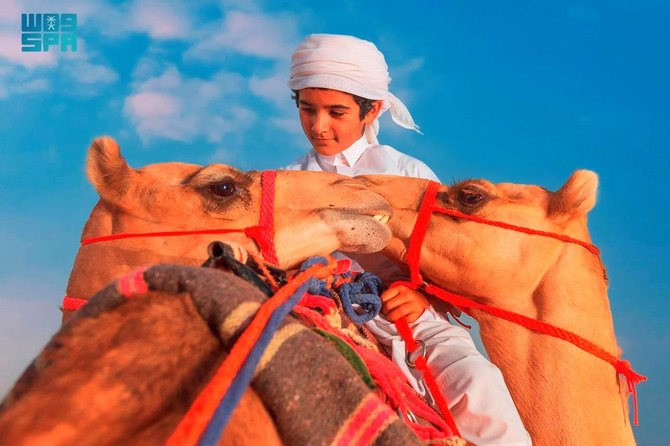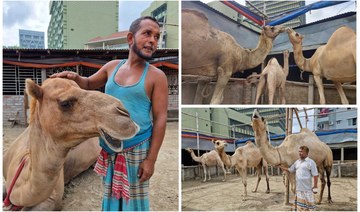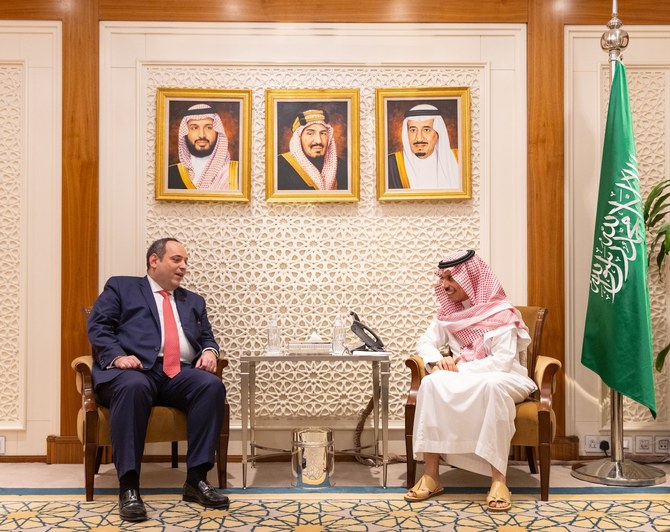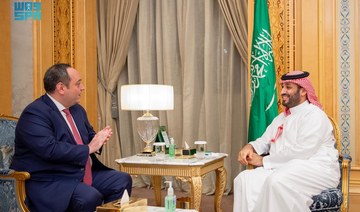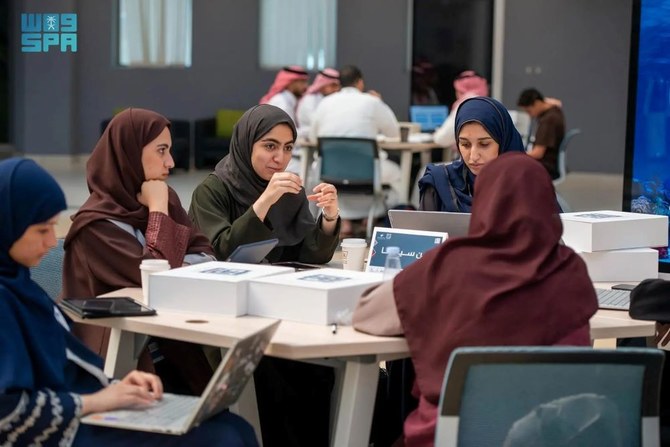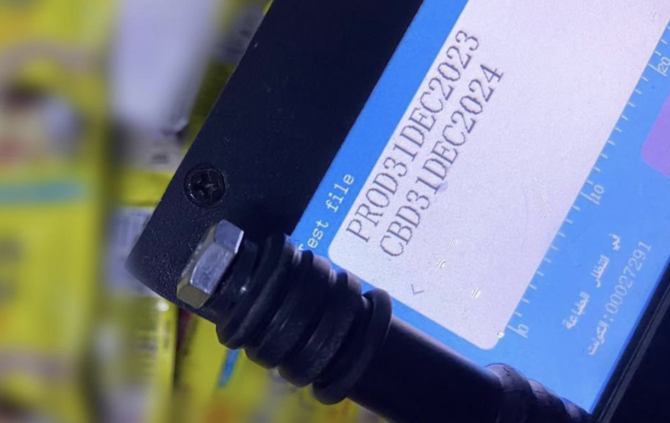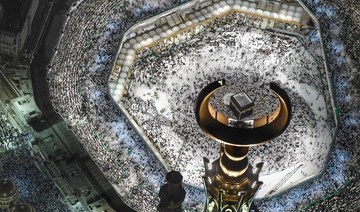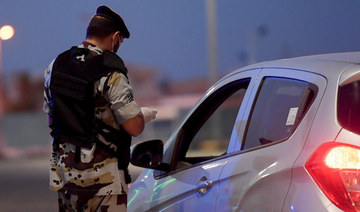RIYADH: The bond between Arabs and camels in the vast deserts of this part of the world weaves a tale of companionship and reliance that reaches deep into antiquity.
Bedouins, the quintessential desert dwellers, found consolation and great help from these majestic creatures as they traversed the arid terrain in search of sustenance. With their resilience, camels bore the weight of countless journeys, their significance immortalized in the grand gestures of gifting them to leading figures in every age.
Dr. Mohammed Al-Otaibi, chairman of the Saudi Society for Camel Studies, says there is a profound historical connection between Arabs and these animals.
Al-Otaibi highlighted the renowned she-camel Al-Qaswa, ridden by the Prophet Muhammad. This animal is considered the second most famous after the she-camel of the Prophet Saleh, and is etched in the collective memory and identity of Arabs and Muslims.
The sacred texts also mention the significance of these animals. The Qur’an makes multiple references to these creatures, emphasizing their role as a sign of Allah’s great generosity. Various hadiths also highlight the revered status of camels in Arab society.
The Arabs’ deep-seated attachment to camels is reflected in other ways. In ancient times, Arabs used the words wealth and camels interchangeably in their vernacular.
Dr. Hind Al-Mutairi, an academic at King Saud University, explains that camels, often referred to as the “ships of the desert,” symbolize movement, work and survival in the barren and harsh environment.
These resilient creatures serve as a lifeline, protecting their owners from the perils of the unforgiving desert. The Arabs, therefore, developed an intimate bond with camels, carefully observing their well-being, strength, and unique characteristics, she said.
According to Al-Mutairi, the Arabs bestowed myriad names on camels to capture their diverse characteristics. Hundreds of names were used to describe adult camels, herds, females, males and offspring. And camels were also distinguished by weight, eyesight, milk production, and swiftness. Even camels carrying warriors or plagued by thirst were granted distinct names.
This lexicon of camel-related terms enriched the Arabic language and found expression in ancient poetry. In fact, Arabic boasts a staggering 10,046 words related to camels, as documented in the book “Camels in the Ancient Near East and the Arabian Peninsula.”
Arabic poetry has long celebrated the she-camel, held in high regard by Bedouin tribes, said Al-Mutairi.
Apart from their ability to travel vast distances with heavy loads, Al-Otaibi emphasized other benefits of camels including their meat and milk, as well as their wool to make tents. Moreover, they were given as treasured gifts to kings and distinguished leaders, symbolizing reverence and respect.
Saudi Arabia is a guardian of this proud heritage, including under the leadership of King Abdulaziz.
Al-Otaibi said: “King Abdulaziz had a deep affection for camels and cared for them. He appointed individuals to oversee them, due to their vital role in the unification process, as they formed the backbone of King Abdulaziz’s army.”
One example of the king’s interest in camels, said Al-Otaibi, was his practice of gifting valuable camel breeds to tribal leaders and loyal subjects.
These traditions continued under King Saud, King Faisal, King Khalid, King Fahd, and King Abdullah. The world-renowned Janadriyah Festival was one of the events used to showcase the bond with these animals, with races held and Saudi Arabia’s heritage highlighted.
Under the reign of King Salman and Crown Prince Mohammed bin Salman, even more prominence is accorded to these animals, with the establishment of the Camel Club, and festivals named after the two leaders.
In February 2023, Saudi Arabia’s government adopted the statute of the International Camel Organization, and in December last year, it designated 2024 as the Year of the Camel.
In addition, Saudi Arabia’s passport showcases imagery of a herd of camels to demonstrate the attachment citizens have to this part of their heritage.







